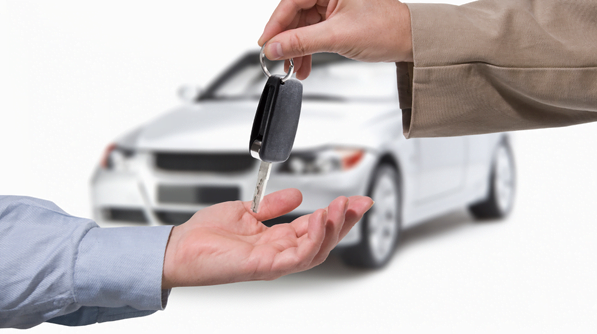Buying a car is almost as technical as buying any other thing. There are plenty of options to choose from, so you narrow things down based on interest, budget, and performance. You may also choose to go for certain options because they are easy to maintain or for sentimental reasons. All of these are valid points to consider when choosing a car. However, the financial aspect of things may pose a serious issue, especially when on a tight budget. Making the right financial decision can leave you with a great car in hand and money in the bank. Click here to know more.
This article will help you consider smart financial moves and the real cost of buying and owning a car.

Making a choice: New or Second-hand?
Car buyers face two broad options: buy a new or pre-owned vehicle. Both options have pros and cons, making it somewhat harder to decide. Most people would advise buying a new car if you have the money and choosing a pre-owned car if you’re on a tight budget. The truth is that the decision isn’t as straightforward as that.
Before choosing, decide what you need the car for and what would serve you best. Also consider the cost of a new vehicle compared to a used one. While a new vehicle may be more expensive, the repair and maintenance costs will be low. On the other hand, a used vehicle requires much less initial capital, which leaves more money in your pocket.
You should consider the pros and cons from your interest and budget perspective before making a concrete decision.
Financing or not?
Similar to the vehicle condition, there are also two financial options to consider when buying a car. You can either choose to finance the car or pay in full. Both options present their pros and cons, and the ultimate decision should be based on the buyer’s financial capacity.
You can consider financing the purchase if you’re short on cash but need the vehicle. When financing, consider the repayment cost and how it will impact your finances going forward. You should also consider the interest rate and how the rate will affect your total repayment costs. The rule of thumb is to ensure the repayment cost does not exceed 30 – 40% of your income.
On the other hand, you could choose to pay upfront for the car. This can create an immediate financial burden and scarce resources. So, weigh your options carefully and decide what works best for you. Read about homebuyer’s guide to Asbestos
Maintenance cost
This cost ties into your vehicle’s type and condition. Some vehicles generally have a higher maintenance cost. On the other hand, you’ll tend to spend less on repairs and maintenance when you buy a new vehicle.
With respect to maintenance, ensure that you are fully aware of what it costs to maintain the brand and model of your vehicle before purchasing it. Buying a vehicle simply for its aesthetic or performance features can easily push you into unsure territories with maintenance costs.
Do your findings and determine how much you would realistically spend on maintenance. Add the cost to your repayment costs and weigh the options.
Parts and Repair Technician Availability
Most people don’t consider parts availability when buying a car. Some cars have easy-to-source parts while others are harder to source. Chances are high that you’ll spend less on easily available parts compared to scarce parts. You should also consider the availability of trained and experienced technicians to repair and service your car.
Resale value
Your car’s resale value is one of your greatest assets after purchasing it. Some vehicle brands and models have a great resale value; you can sell them at a good price after use.
It is important to always consider the preference for your vehicle’s make and model as well as its resale value. Keep in mind that you’re likely to pay a premium for cars with higher resale value compared to those with low resale value.
Additional costs
Vehicles often attract additional costs after purchase. For example, driving around town requires a valid license and insurance. Insurance can cost as much as you want it to, depending on the policy and the coverage it offers.
While most vehicle owners choose third-party insurance coverage, you may opt for something more comprehensive to protect yourself and the third party in the event of an accident. Please note that your insurance costs will mostly be paid on a month-to-month or annual basis.
Another cost most vehicle owners do not realize is the depreciation cost. This is the cost of value loss for each passing day the vehicle is in your possession. The depreciation cost also affects the resale value.


